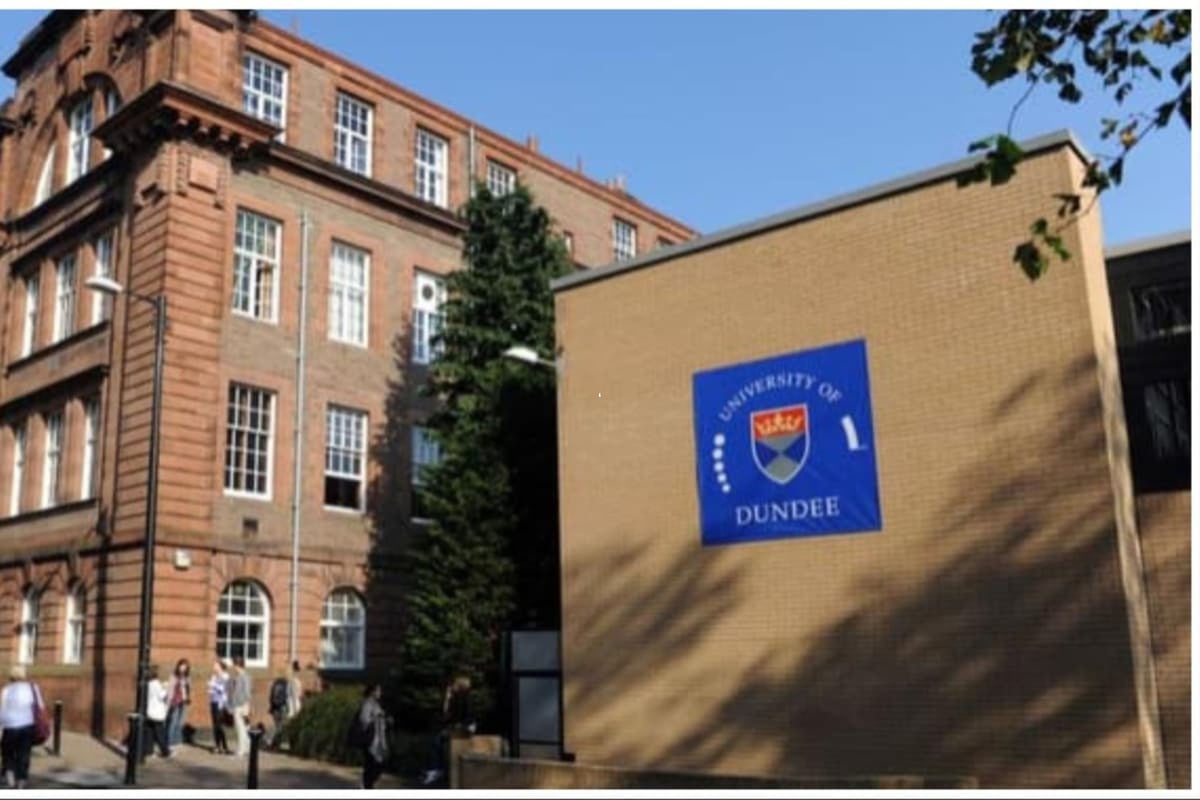Copyright Anchorage Daily News

In the second meeting of an education funding task force, Alaska lawmakers heard a similar refrain: The state’s education system needs more money. Lawmakers convened the task force earlier this year after years of back-and-forth on whether Alaska’s public schools are funded adequately. Overcoming years of resistance from Gov. Mike Dunleavy, the Legislature earlier this year permanently boosted the school funding formula enshrined in law, twice overriding the governor’s vetoes to do so. In doing so, lawmakers added roughly $180 million to the state’s $1.2 billion education budget. The funding increase approved by lawmakers was roughly half the amount sought by many districts, including the Anchorage School District, to keep up with inflation. Lawmakers also agreed to form the task force to analyze the formula and other areas of education policy reform sought by Dunleavy. Despite the recent funding boost, the task force heard calls from Alaska educators for more state spending to stem years of what they described as underinvestment in Alaska schools. The Alaska Council of School Administrators, the Association of Alaska School Boards, the Alaska Municipal League and the National Education Association of Alaska shared various ideas to make the state’s education system more efficient, but ultimately said it would take more funding, and more frequent formula adjustments, to maintain school buildings and populate them with qualified and experienced teachers. “School districts are like, do I add a teacher, or do I plug the hole in the wall? Those aren’t choices you want them to be making,” said Nils Andreassen, director of the Alaska Municipal League. “I just know the rhetoric that we will start hearing: They’re asking for money again,” said Clayton Holland, superintendent of Kenai Peninsula Borough School District and the past president of the Alaska Superintendents Association. The hearing foreshadowed a debate that is expected to dominate the legislative session that begins in January. Even after the hard-fought funding boost lawmakers adopted earlier this year, schools are expected to again ask for more. Holland and other educators said that one of the biggest challenges facing Alaska schools is the difficulty in recruiting and retaining teachers and other professionals. Alaska schools currently have roughly 800 unfilled positions, he said. “It comes back to that unpredictable funding, inadequate funding,” Holland said. Republican Rep. Justin Ruffridge of Soldotna, who represents the GOP minority caucus on the task force, questioned speakers about the poor performance of Alaska students, comparing it to their above-average outcomes measures in the 1980s, when Alaska’s public schools outperformed those in most states. Former Education Commissioner Marshall Lind, who led Alaska’s education department between 1971-1983 and 1986-1987, said to ensure Alaska students again score higher than average, “you start with teachers.” “If you’re going to have good teachers, you’re going to have to have a decent retirement system, pure and simple, and you’re going to have to pay them,” said Lind. The comments from Lind and others underscored the challenge that lawmakers have failed to resolve for years: Amid dwindling oil revenue and an unwillingness to discuss new broad-based taxes, the relative compensation of Alaska teachers — and the amount the state has invested in its school infrastructure — has been on the decline. Some Alaska lawmakers have for several years been eyeing pension reform in an effort to stem the state’s outmigration. Alaska once had a generous defined benefit public retirement system, which guaranteed retirement pay to workers who gave two decades or more to the state. But 20 years ago, amid a funding crisis, lawmakers decided to do away with the pension, replacing it with a 401(k)-style benefit that has been less effective, by some measures, in keeping workers in Alaska long-term. Many Republicans, including Dunleavy — who himself receives a state pension for his years serving as a public school educator — are opposed to reinstating the defined benefit, citing the policy’s potential cost. Both Ruffridge and Sen. Mike Cronk, a Tok Republican also serving on the committee, have said that the education task force’s discussions should be shaped by the state’s fiscal situation. “I think we all actually have a necessity to answer the question,” Ruffridge said. “What would be the way that you, personally, or people that you talk to, people in your circles, choose to fund these additional elements?” “Just saying, ‘The Legislature will figure that out’ — no, we won’t,” Ruffridge said. “We’ve had that in front of us for a long time.” The task force is scheduled to convene again on Nov. 10.



